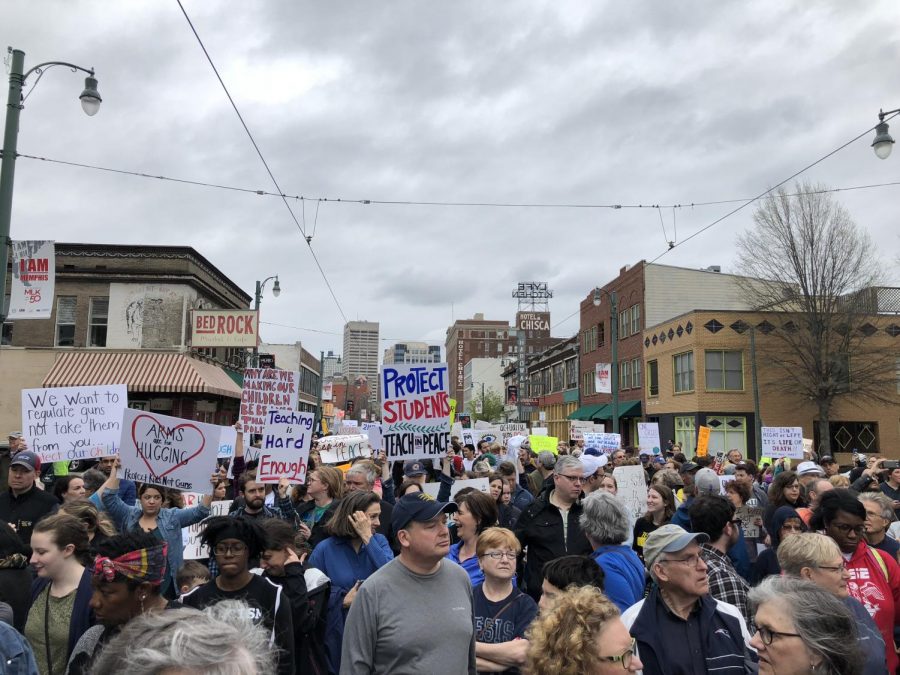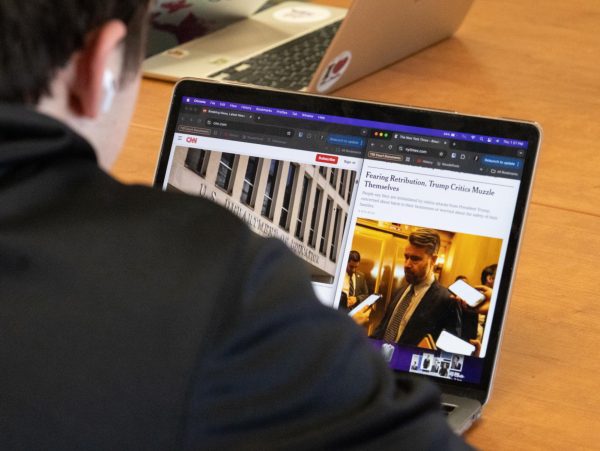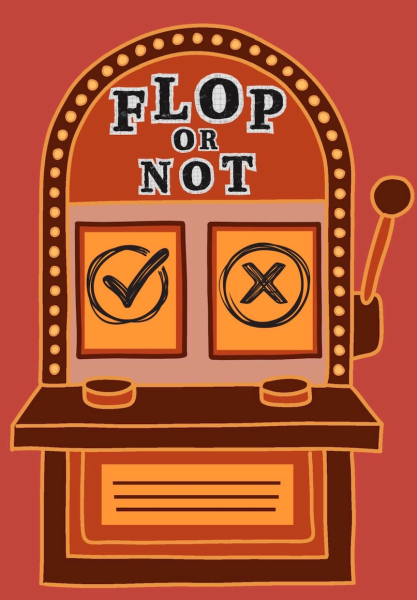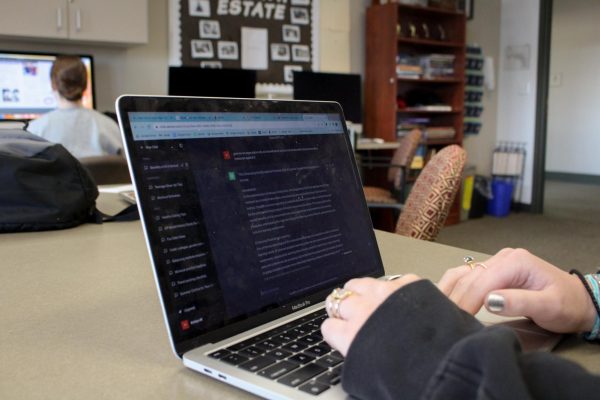Editorial: We must join the conversation
Photo: William Wilson
People hold up signs at the March for Our Lives event on March 24, 2018 in Downtown, Memphis. This march was organized as part of a nationwide, student movement to protest inaction on gun violence and safety within schools.
Most people remember the three words they learned as children when taught how to react to a fire: stop, drop roll. Nearly as many know where to go when a tornado siren blares in their city: a hallway, bathroom or stairwell. When an earthquake alarm goes off, millions of students dive under desks and cover their necks. Although all of these disasters are unpreventable, can the same be said for other dangerous situations that could unfold within a school?
In February, the most recent school shooting struck the United States, leaving 17 individuals dead at Marjory Stoneman Douglas High School in Parkland, Flor. This tragedy is only the most recent mass shooting. According to the Washington Post, since the Columbine High School shooting in 1999, “at least 193 primary and secondary schools have experienced a shooting on campus during school hours,” affecting “nearly 200,000 students.”
These tragedies have caused a reevaluation of school security as individuals across the country demand solutions for this ever-growing issue. Politicians, administrators and school-shooting victims have brought many possible solutions to the forefront of the national conversation, including arming school teachers, enhancing security on school campuses and banning assault rifles.
While these events can seem far removed from our lives in Collierville, Tenn., we must ensure that this national discussion does not remain detached from our community. Since Parkland, three schools have been the targets of threats in the Memphis community, including Christian Brothers High School, Center Hill High School and DeSoto Central Middle School. Although the police arrested those making threats against Center Hill, and the CBHS administration initiated safety procedures including the use of metal detectors to protect their students, these threats only prove the increasing prevalence of this issue in our community.
It is for this reason that we as students and as citizens must not be afraid to speak our minds and push for reform politically and within our school system.
Many are already joining the conversation. At the Memphis March For Our Lives event on March 24, senior Bryan Payne spoke to the march’s estimated 1,500 attendees about the violence that led to his brother’s death at Tennessee State University. During his speech, Payne vocalized his hope that reform would stop anyone else from experiencing the pain his family endured. Similarly, the victims of the Parkland shooting have been speaking out. The same day as Payne’s speech, Parkland survivor Emma Gonzalez took to the stage at the estimated 215,000 attendee march in Washington D.C. to remind those marching for who they are marching and the need for change.
In order to prevent the next school shooting, politicians and administrators must listen to the voices of the survivors of Parkland, Sandy Hook and Columbine about the need for action to protect students. Arguably more than anyone else, they have a right to be involved in this conversation, especially when a system they once trusted for protection failed them.
One more life is not acceptable. One more life is not okay. Today, we have to draw a line – no matter what form that will take – because a parent’s morning goodbye should never be the last they get to say.












